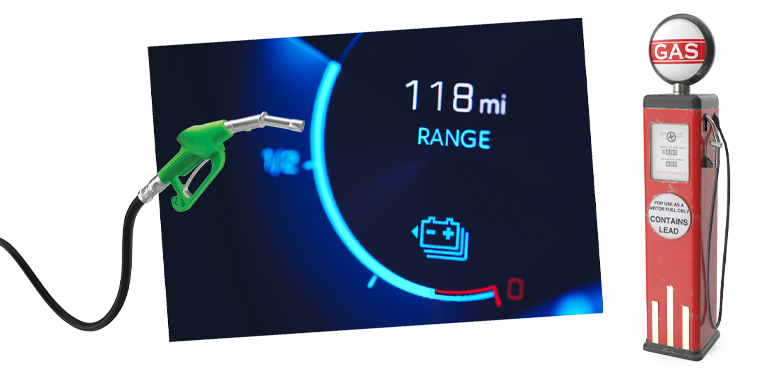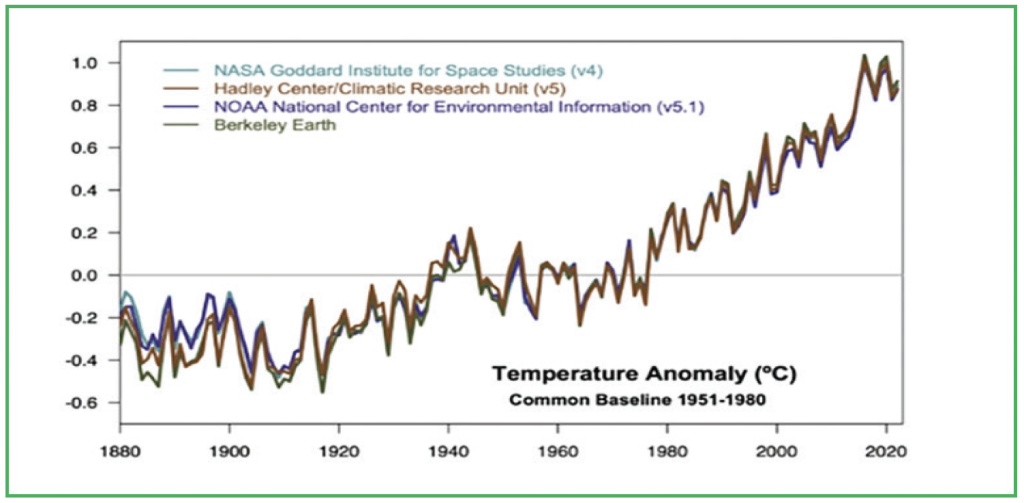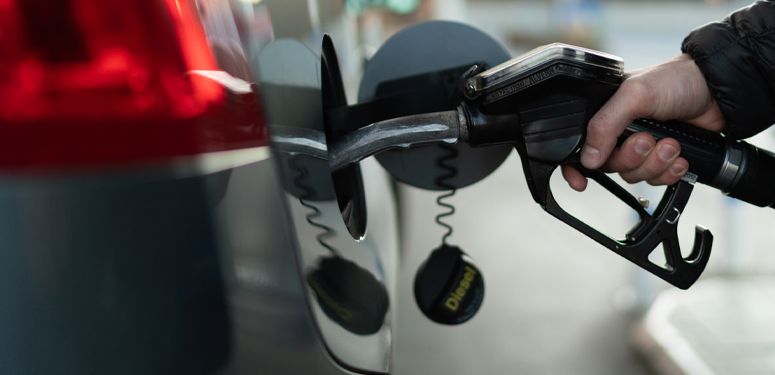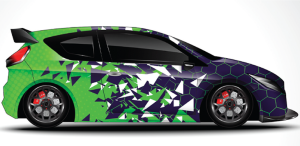GREEN FUEL, ECO-FUEL, ELECTRIC BAT TERIES –WHAT ARE THE DIFFERENCES?
BY KATE NG
According to Natural Resources Canada, clean fuels like biofuel and low carbon hydrogen make up five percent of Canada’s energy supply today but could make up 60 percent by 2050. But what exactly are eco-fuels?
Also referred to as low-carbon fuels, the category of clean fuels includes biofuels, hydrogen and synthetic fuels which vary greatly in development. For instance, biofuels have been around for over two decades, while synthetic fuels are still in the early phases of development.
This explainer will focus on cleaner-burning fuels that produce fewer emissions than carbon- based liquid fuels, rather than ecologically renewable energy sources like electricity and wood that lack the portability of liquid fuel.
HOW DO ECO-FUELS WORK?
Similar to their conventional diesel and gasoline counterparts, eco-fuels work through combustion. When heated in a combustion process, the resulting energy powers an engine, propelling a vehicle forward or backward. This is similar to a power plant running on coal versus natural gas–both will produce carbon to a degree due to the nature of the combustion process, but one produces much fewer carbon emissions.
WHAT ARE SOME EXAMPLES?
Today, the majority of eco-fuels used come in the form of biofuels like ethanol and biomass- based diesel blended with gasoline and diesel, respectively.
By blending ethanol and other biomass-based sources with conventional liquid fuels, producers can lower their carbon intensity. In turn, this lowers emissions from the combustion process, and ultimately provides a ‘lower-carbon fuel’ that work within the current fleet of internal combustion engine vehicles. In other words, blended fuels provide an ecologically friendlier option, compared to conventional fuels.
According to the Canadian Fuels Association, this is a gradual measure towards Canada’s goal of net-zero emissions by 2050 and helps decarbonize existing transportation choices, with the potential to mitigate carbon output given Canada’s reliance on cars, especially outside densely populated cities like Toronto and Montreal.

WHY ECO-FUELS?
Given the recent push towards electrification, you might ask why eco-fuels would be relevant. According to Mark Zacharias, executive director at Clean Energy Canada, this stems from different fuel characteristics for different vehicles.
The ideal fuel source really depends on the type of vehicle you’re driving. Worldwide, batteries are winning the sales race but as you get into Class 7-8 trucks, batteries may not be ideal so that’s why there’s an interest in fuel cell vehicles.
“For larger vehicles between cities and provinces—long distances—hydrogen is the ideal solution,” said Zacharias.
MITIGATE THE CLIMATE CRISIS
According to the Government of Canada, the oil and gas sectors made up 27 percent of national greenhouse gas emissions, while the transportation sector made up another 24 percent of emissions, the equivalent of 338 megatonnes of carbon dioxide.
Given the intrinsic link between these two sectors and global reliance on a transport network that relies on carbon producing fuels, the wider-spread adoption of eco-fuels may be a necessary decision to mitigate manmade climate change.






























